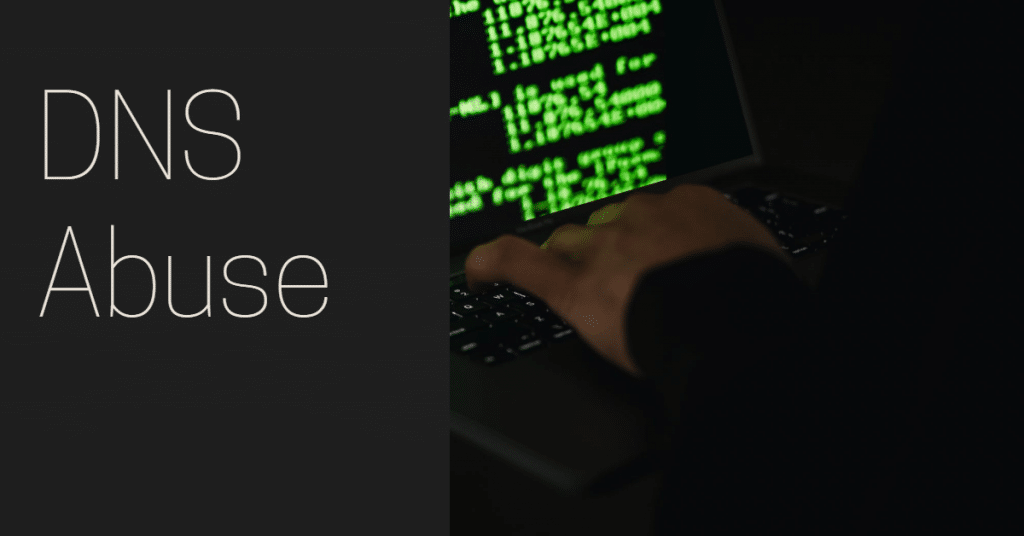Group responds to recent EU request.

I’ve been writing a lot about DNS abuse lately. Everyone other than criminals is opposed to DNS abuse, but there’s significant debate about what constitutes abuse and what role various groups should play in reducing its prevalence. Today, let’s look at what the ICANN Business Constituency has to say.
The Commercial Business Users Constituency (BC) is one of the constituency groups in ICANN. It has a diverse group of members, including companies like Facebook, AT&T, and Ebay, and domain investors like Digimedia and groups such as the Internet Commerce Association (ICA).
Just looking at that list, you can imagine there are different opinions in the group. You have companies like Facebook (Meta) that spend millions defending their trademarks, Ebay which both defends its trademarks and is accused of facilitating the sale of counterfeit goods, and groups that promote legitimate, non-infringing domain name investing.
In response to the EU’s toolbox against counterfeiting, the BC issued a statement (pdf) that echoed ongoing debates about the distinctions between content and technical abuse. And the current chair of the BC, Mason Cole, recently wrote about “the ever-evolving problem of DNS Abuse,” throwing a wide net around the definition of DNS abuse. (Cole currently works for brand protection company Appdetex.)
These responses leaned on the EU paper on DNS abuse for ammo. However, that study is a prime example of something I said in an earlier post: depending on what you define as “DNS abuse” and how you count it, you can portray it as a catastrophe, a gradually improving struggle against bad actors, and anything in between.
The EU study provides strong imagery for the “catastrophe” camp. But, in fairness, the report points out that much of the abuse happens at the hosting level. Many domains used in abuse are registered by legitimate actors, but the content hosted on them has been compromised.
The BC’s thinks we should:
- require TLD registries, registrars, privacy or proxy providers and resellers to verify the accuracy of domain registration (WHOIS) data;
- encourage these same entities to develop and deploy new tools to identify domain names that could potentially infringe on their rights; and
- encourage these same entities to offer services allowing intellectual property rights (IPR) holders to preventively block infringing domain name registrations.
I reached out to Internet Commerce Association general counsel Zak Muscovitch to get his perspective on the BC’s written opinion. He wrote:
While the ICA is in the BC, the BC does not always represent domain name investor interests and some issues that the BC is involved in are not our own priorities.
The ICA, however, shares the BC’s general concern regarding unlawful activity using domain names and generally supports efforts to address these harms. In fact, the ICA Code of Conduct specifically recognizes the protection of Intellectual Property rights, strict adherence to Internet fraud laws, accurate Whois data, and adherence to laws respecting lawful content. The domain name investors that we represent are not engaged in such activities and are not particularly harmed by them, unlike big brands.
Insofar as the specific recommendations in the BC response are concerned, we have concerns with the approaches that are recommended and we also tend to take a narrower view of what constitutes DNS abuse.
Defining “DNS Abuse” and determining the proper arenas for developing responses to abuse remain the most difficult parts of the conversation. Broadening the definition to include “all bad things on the internet” means ICANN can’t be a central place to act because its role is limited to the technical operation of the DNS. However, shrinking the definition to technical DNS abuse can make it more difficult for many in the BC and Intellectual Property Constituency to address them. Many of the members exist to protect the business interests most abused by bad actors on the internet.
Whether you land in the broad definition camp or favor precision, the prevalence of abuse on the internet is an ongoing problem that will take a coordinated effort to mitigate.





